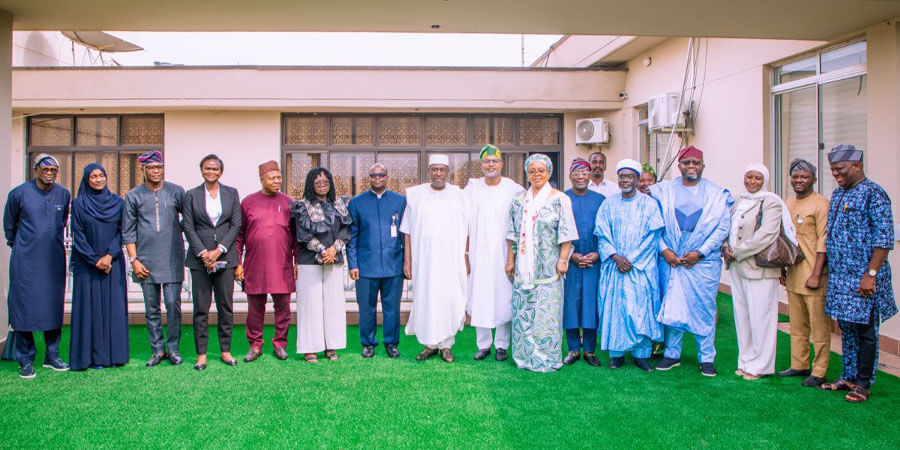Internet access is increasingly regarded as a fundamental necessity, and providing free Wi-Fi can significantly contribute to national development by addressing gaps in digital literacy and accessibility.
The Zambian government recently introduced a free public Wi-Fi program to promote digital inclusion and empower citizens socially and economically. This pilot project was launched at key locations, including Lusaka’s Intercity Bus Terminus, Kapiri-Mposhi Bus Station, and Kitwe’s Chisokone Market. Minister of Technology and Science Felix Mutati emphasized the program’s potential to bridge the digital divide by targeting public spaces like markets, bus stations, borders, airports, schools, and hospitals.
The initiative is the result of a partnership between the government, the Smart Zambia Institute, and technology partner inq.Digital. SMART Zambia National Coordinator Percy Chinyama highlighted the program’s ability to provide access to over 320 government services through Zamportal, enabling citizens to interact with these services directly from their devices, saving time and increasing productivity.
According to the Zambia Inclusive Digital Economy Status Report 2022, nearly half of the population (47%), including 56% of rural residents, remains digitally excluded. The program is a crucial step toward bridging this gap, empowering communities, fostering digital literacy, and promoting inclusivity. These efforts align with Zambia’s target of achieving 80% internet penetration by 2026 under the Eighth National Development Plan (8NDP).






